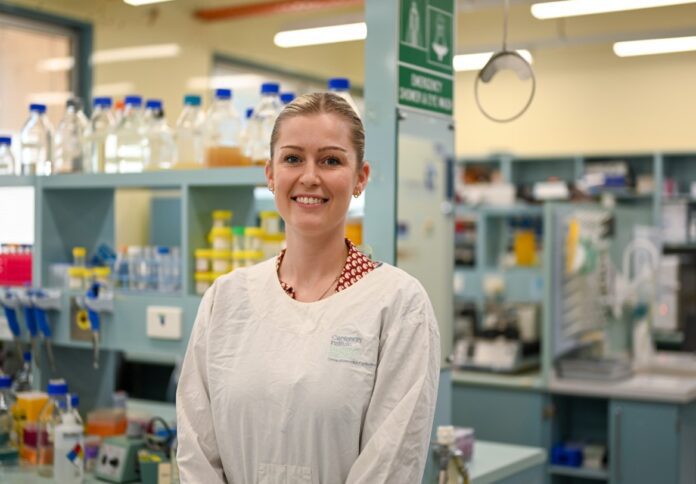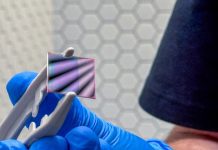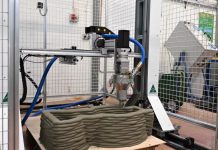
Researchers from the Centenary Institute and the University of Sydney have made a breakthrough in vaccine science by uncovering new insights into delta inulin, a crucial vaccine component.
This discovery aims to advance the development of the next generation of vaccines, Centenary Institute said in a news release.
Delta inulin, known for enhancing immune responses against diseases such as COVID-19, influenza, tuberculosis, and hepatitis B, is an adjuvant—a substance added to vaccines to elicit stronger and longer-lasting immune responses.
According to researchers, despite its recognized role, the precise mechanisms of delta inulin’s action remained unclear until now.
In a groundbreaking study published in the prestigious journal Immunology & Cell Biology, researchers revealed a crucial aspect of delta inulin’s functionality.
The study identified the protein DC-SIGN (Dendritic Cell-Specific Intercellular Adhesion Molecule-3-Grabbing Non-Integrin) as a receptor for delta inulin.
Dr Erica Stewart, the lead author of the study and a researcher at the Centenary Institute’s Centre for Infection & Immunity and the University of Sydney Infectious Diseases Institute, explained the discovery.
“DC-SIGN acts like a lock on cell surfaces, and delta inulin functions as the key that fits into this lock, binding them together. This study shows that when we vaccinate with delta inulin, our cells use DC-SIGN to detect the vaccine, which then helps activate and boost the body’s immune response,” she said.
The study’s findings have significant implications for future vaccine development.
“This study not only offers us improved understanding of the intricate mechanisms governing vaccine immune responses to delta inulin but also opens up new avenues for the development of next-generation vaccines,” Dr Stewart noted.
“With this new insight into delta inulin’s mode of action, researchers can now explore the creation of new vaccines that work hand-in-hand with delta inulin, offering even greater protection against existing and emerging infectious diseases,” she added.
“This breakthrough is like finding a crucial piece of the puzzle that can make our vaccines smarter, leading to better health and safety for people worldwide,” Dr Stewart concluded.




















